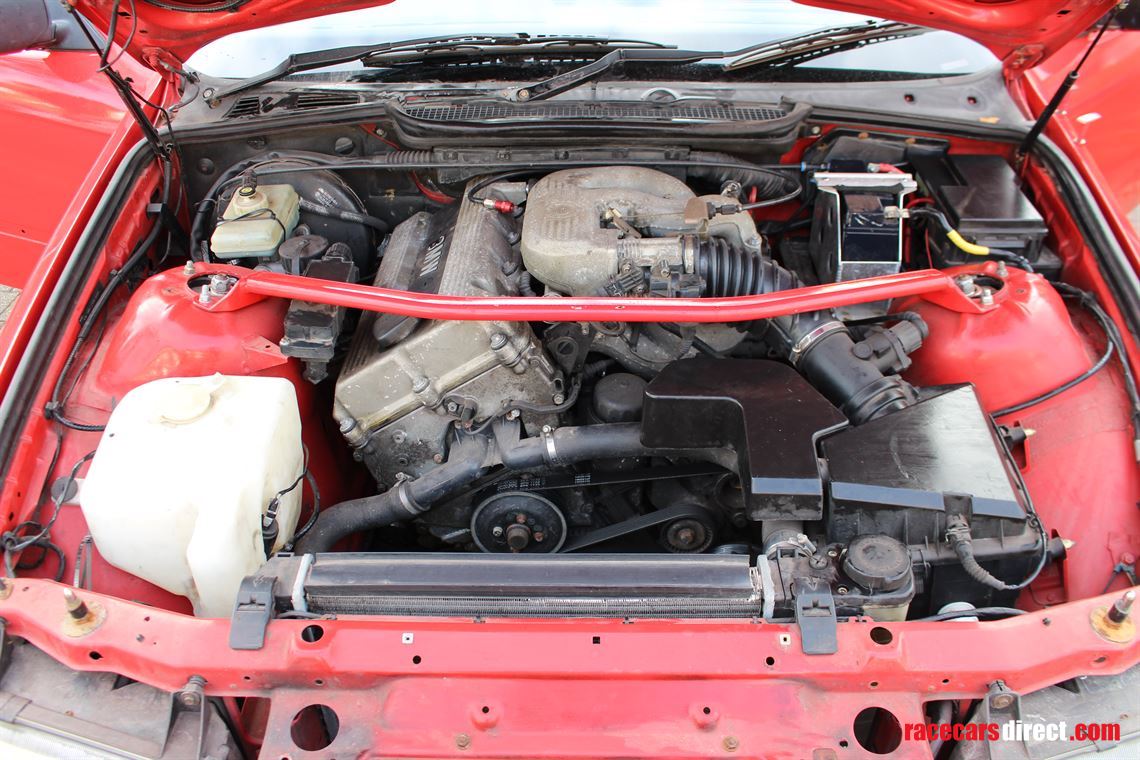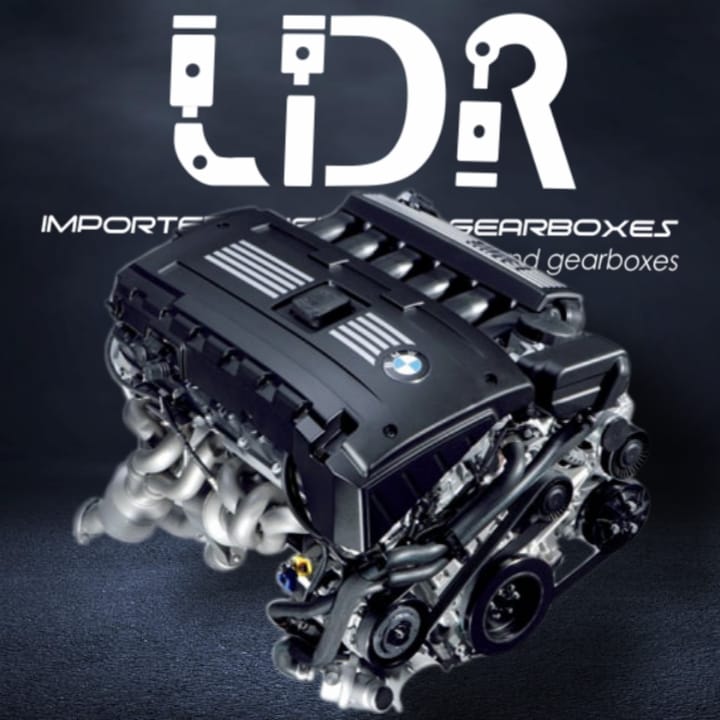BMW 318ti Evaluation: What Makes This Version Stand Apart
BMW 318ti Evaluation: What Makes This Version Stand Apart
Blog Article
Crucial Considerations for Choosing the very best Engine for Your Requirements
In the world of picking the ideal engine to satisfy your demands, several crucial factors demand thorough factor to consider to ensure optimum efficiency and performance. From the nuanced equilibrium between power and efficiency to the often-overlooked aspects of maintenance and service demands, each element plays a crucial function in figuring out the most suitable engine for your specific needs.
Power and Performance
When examining engines for optimum performance, it is vital to prioritize both power result and effectiveness. Power result gauges the ability of an engine to produce energy, which straight impacts its performance. A high power result is important for demanding jobs such as durable applications or high-speed demands. It makes sure that the engine can manage the work efficiently and successfully. Nevertheless, power alone is not enough; efficiency plays a significant function in figuring out the general performance of an engine. Efficiency refers to how well the engine transforms fuel right into useful energy. A a lot more efficient engine will certainly supply far better mileage, lower discharges, and decreased operating costs. Striking the right equilibrium between power output and effectiveness is crucial to choosing an engine that satisfies your details demands. It is necessary to consider aspects such as the planned use of the engine, ecological effect, and lasting cost ramifications when making this decision. By carefully assessing both power and performance, you can pick an engine that delivers optimum efficiency and meets your demands efficiently.
Gas Efficiency and Economic Situation
In the realm of engine option, the factor to consider of fuel effectiveness and economic climate holds paramount value. Gas effectiveness refers to the engine's capability to transform gas right into energy with marginal waste, directly affecting operating expense and environmental sustainability. bmw 318ti. When selecting an engine, assessing its gas economy is critical to figure out long-lasting financial savings and environmental effect. Engines with greater fuel effectiveness not only lower fuel expenses however additionally lower carbon emissions, adding to a greener procedure.

Compatibility and Application
Taking into consideration the gas effectiveness and economic climate of an engine, the following vital element to address is its compatibility and application within specific functional contexts. Compatibility refers to exactly how well the engine incorporates with the total system or tools it powers. It involves factors such as physical measurements, installing alternatives, electric user interfaces, and control systems. Making certain compatibility is vital to prevent issues such as overheating, resonances, or power discrepancies (bmw 318ti).
Moreover, the application of the engine is just as crucial. Various engines are designed for specific purposes, whether it be commercial machinery, marine vessels, cars, or power generators. Comprehending the intended application permits the selection of an engine that can deliver the needed power output, torque, and functional characteristics. For example, a high-revving engine created for more performance autos would certainly not appropriate for durable construction equipment that calls for high torque at reduced rates.
Upkeep and Solution Needs
Upkeep and service needs play a critical duty in guaranteeing the longevity and ideal efficiency of an engine. Normal maintenance is necessary to stop break downs, extend the life-span of the engine, and preserve its effectiveness. When choosing an engine, it is very important to take into consideration the maker's recommended maintenance routine and the accessibility of solution centers or certified technicians.
Elements such as the regularity of oil modifications, filter replacements, and overall evaluations can considerably affect the engine's performance. Some engines might need more frequent maintenance based upon their style and use, while others may have longer periods between upkeep checks. It is crucial to comply with these service requirements to avoid pricey repair services and unexpected downtime.

Cost and Budget Considerations
When picking an engine for a certain application,Budget constraints usually play a significant duty in the decision-making procedure. When thinking about the cost and budget implications of picking an engine, it is necessary to assess not only the preliminary acquisition cost however additionally the long-term expenses associated with upkeep, gas consumption, and possible upgrades or fixings. It is vital to strike a balance between the in advance cost of the engine and its general lifecycle expenses to ensure that the selected engine stays financially lasting throughout its functional lifespan.
Elements such as gas toughness, efficiency, and reliability can straight affect the complete cost of possession of an engine. While a more expensive engine may have greater in advance costs, it can possibly cause reduced maintenance and gas costs with time, thus providing better worth in the lengthy run. In addition, considering the schedule and price of spare components, in addition to the simplicity of upkeep and service, can assist avoid unforeseen economic stress in the future. By very carefully assessing these expense and spending plan considerations, you can make an enlightened choice that aligns with your monetary restraints and functional demands.
Verdict

Gas efficiency have a peek at these guys refers to the engine's capability to transform fuel right into power with minimal waste, directly impacting operating prices and environmental sustainability.Aspects influencing gas effectiveness consist of engine layout, combustion performance, and general efficiency optimization. Additionally, selecting the appropriate fuel type and grade as recommended by the engine supplier can further enhance performance and lengthen engine lifespan.
Engines with good utility functions and readily offered components can decrease maintenance prices and lessen the time the engine is out of procedure - bmw 318ti. It is essential to strike an equilibrium between the in advance price of the engine and its total lifecycle prices to ensure that the selected engine stays economically lasting throughout its operational life expectancy
Report this page